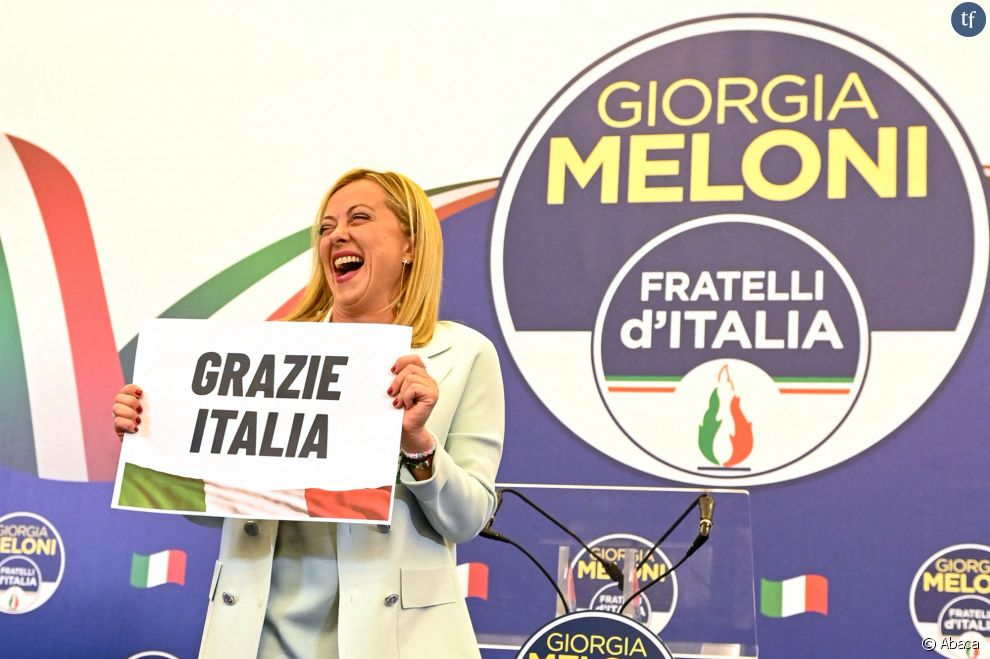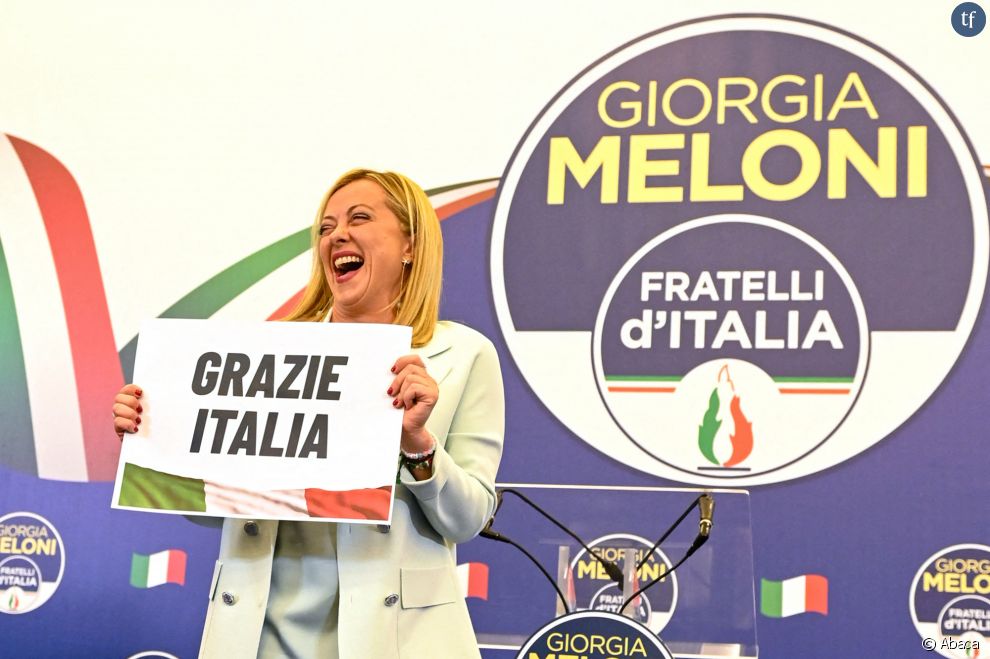Address
304 North Cardinal St.
Dorchester Center, MA 02124
Work Hours
Monday to Friday: 7AM - 7PM
Weekend: 10AM - 5PM
Address
304 North Cardinal St.
Dorchester Center, MA 02124
Work Hours
Monday to Friday: 7AM - 7PM
Weekend: 10AM - 5PM


Italians went to the polls on September 25 to elect a new government after Prime Minister Mario Draghi’s resignation last July. The right-wing coalition has emerged as the clear winner with 43.7% of the votes cast in its favour, Giorgia Meloni’s Brothers of Italy getting the lion’s share with 26%. The other members of the coalition, namely Matteo Salvini’s Lega (League) and Silvio Berlusconi’s Forza Italia, received 8.7% and 8.1% respectively. Their main opponents, the Democratic Party and the Five Star Movement, managed to obtain 19% and 15.4%, meaning that the Meloni-led coalition is set to form the new government.
Italy will thus likely be the first of the main EU countries to be led by a far-right leaning government, at a time when right-wing populism seems on the rise in the whole continent (as also shown by elections in France and Sweden this year). Giorgia Meloni, who will likely be chosen as Prime Minister (and would be the first woman to hold such position), has been the leader of her party since 2014 (it was founded in 2012), but until very recently she was a minor player in Italian politics. Brothers of Italy, a conservative Eurosceptic anti-LGBT right-wing party, obtained only slightly over 4% in the 2018 election, but this time it has successfully drawn votes from unsatisfied voters of its coalition allies. Meloni’s party was the only meaningful parliamentary opposition to PM Mario Draghi’s cabinet, and many see the right-wing leader as a coherent yet untested politician.
Despite this new turn in Italian politics and the inflammatory rhetoric of the election campaign against the traditional enemies of the (far) right, the discourse was soon tuned down after the results were announced. As a matter of fact, it now seems that the foreign policy realm will be one of the areas that will be changed the least, and that the general rule will be to follow the course taken by outgoing PM Mario Draghi. The main challenge will probably consist in bringing together the views, perspectives and interests the coalition parties have on several issues, including the European Union, the war in Ukraine and the migration through the Mediterranean. The allies hold substantially different views in some cases that could threaten to tear the coalition – and possibly the new government – apart.
A fervent Eurosceptic, Meloni has long abandoned her vow to exit the Union and the Eurozone, and wants to push instead for a less bureaucratic entity. She is aware that taking a too intransigent stance may gain the favour of the EU’s “illiberal” members Poland and Hungary (whose ruling parties are close to Brothers of Italy) but will also compromise relations with the main European partners, which are far more relevant for Rome than Warsaw and Budapest. Meloni has already stated that the National Recovery and Resilience Plan will not be substantially altered as she had previously vowed, but that minor adjustments will be discussed with the European Commission within the limits set by the Next Generation EU recovery package. The leadership of Forza Italia and Lega will likely accept this course of action, but intra-party and intra-coalition dissent may arise from the rank and file of the three parties.
Brothers of Italy has repeatedly condemned the Russian invasion of Ukraine and has expressed its support to Ukrainian President Volodymyr Zelensky. Once in power, the party leadership aims to keep and strengthen Italy’s position within the NATO alliance and its ties with Washington and Brussels. Meloni has vowed to keep the sanction regime against Russia in place while also trying to find a solution to the energy crisis. However, many Lega members have marked pro-Russian stances and failed to condemn the invasion or did so with much delay, while Forza Italia leader Silvio Berlusconi has personal ties with Russian President Vladimir Putin. Italy’s position vis-à-vis the war in Eastern Europe will probably be the most controversial and divisive issue for the winner of the September election and the testing ground for internal cohesion and external credibility as an Atlantic ally.